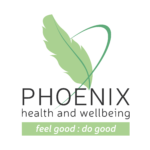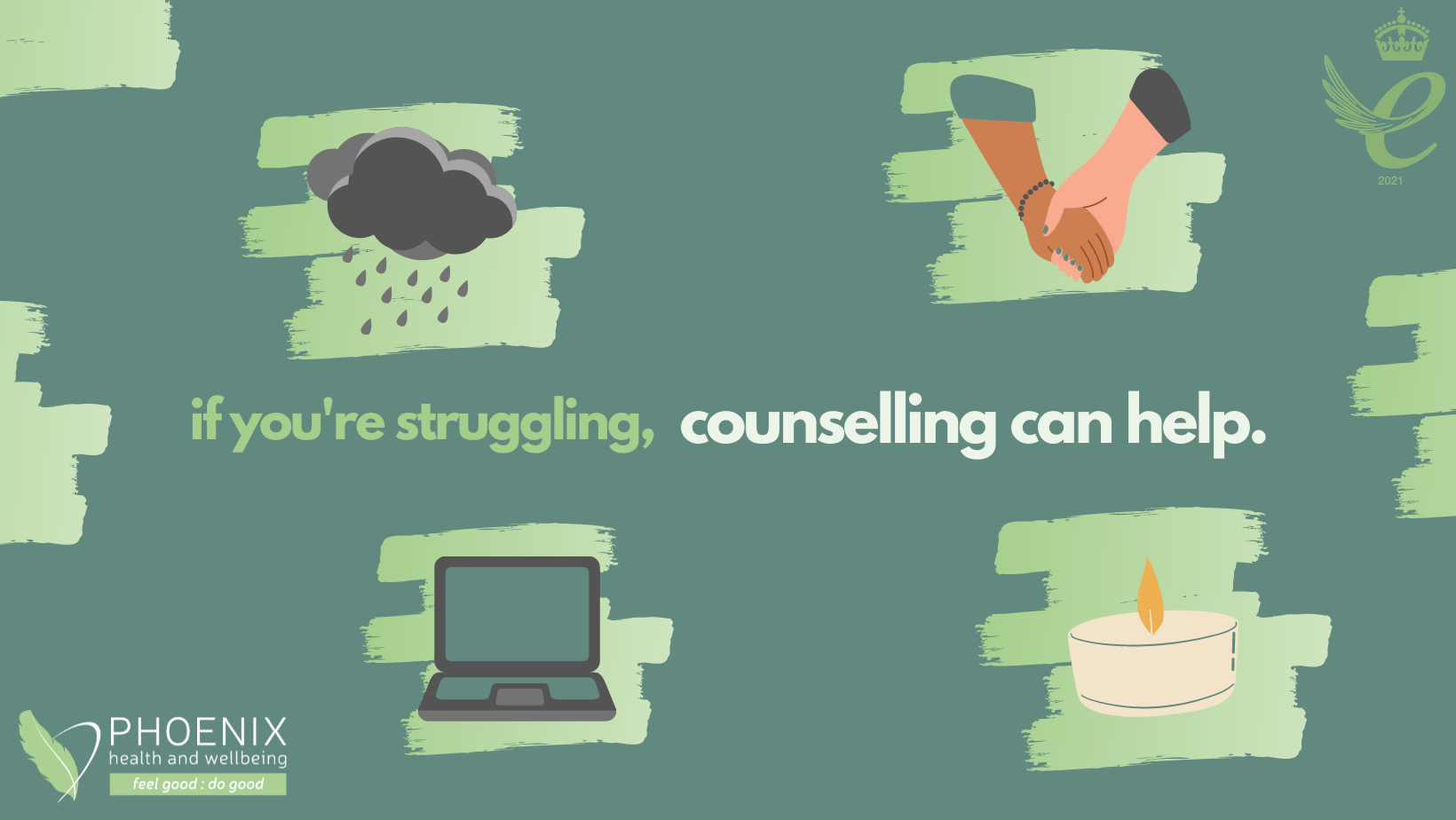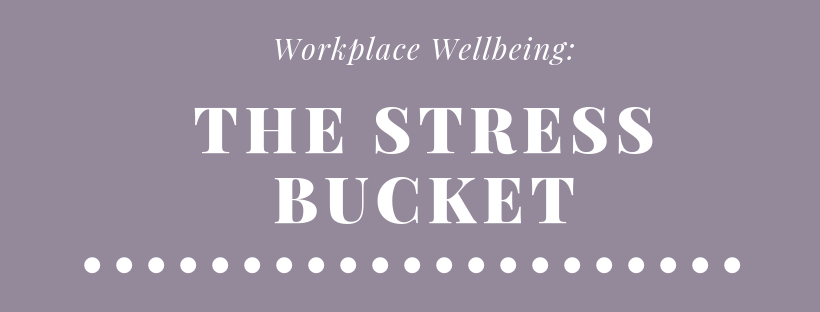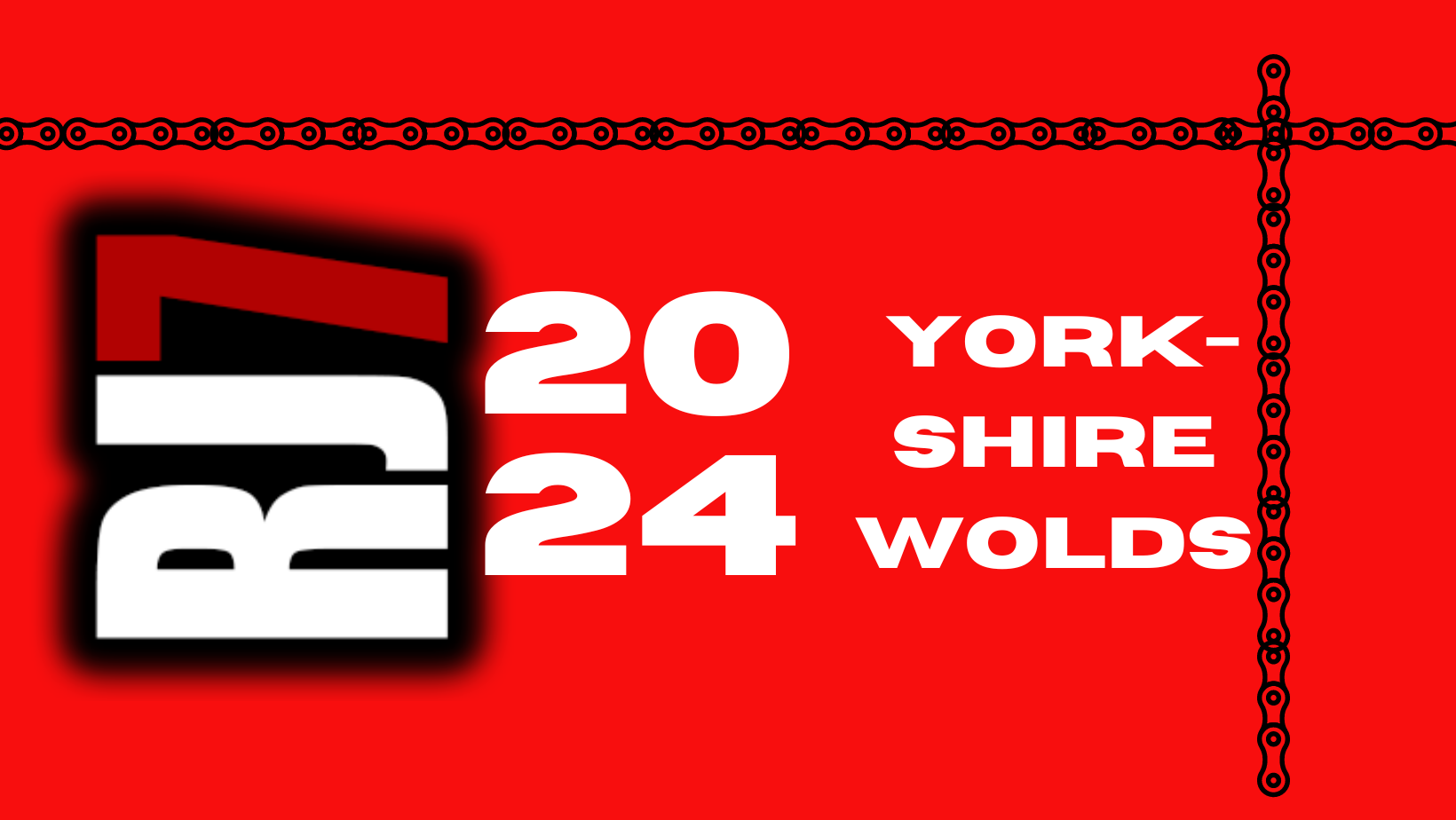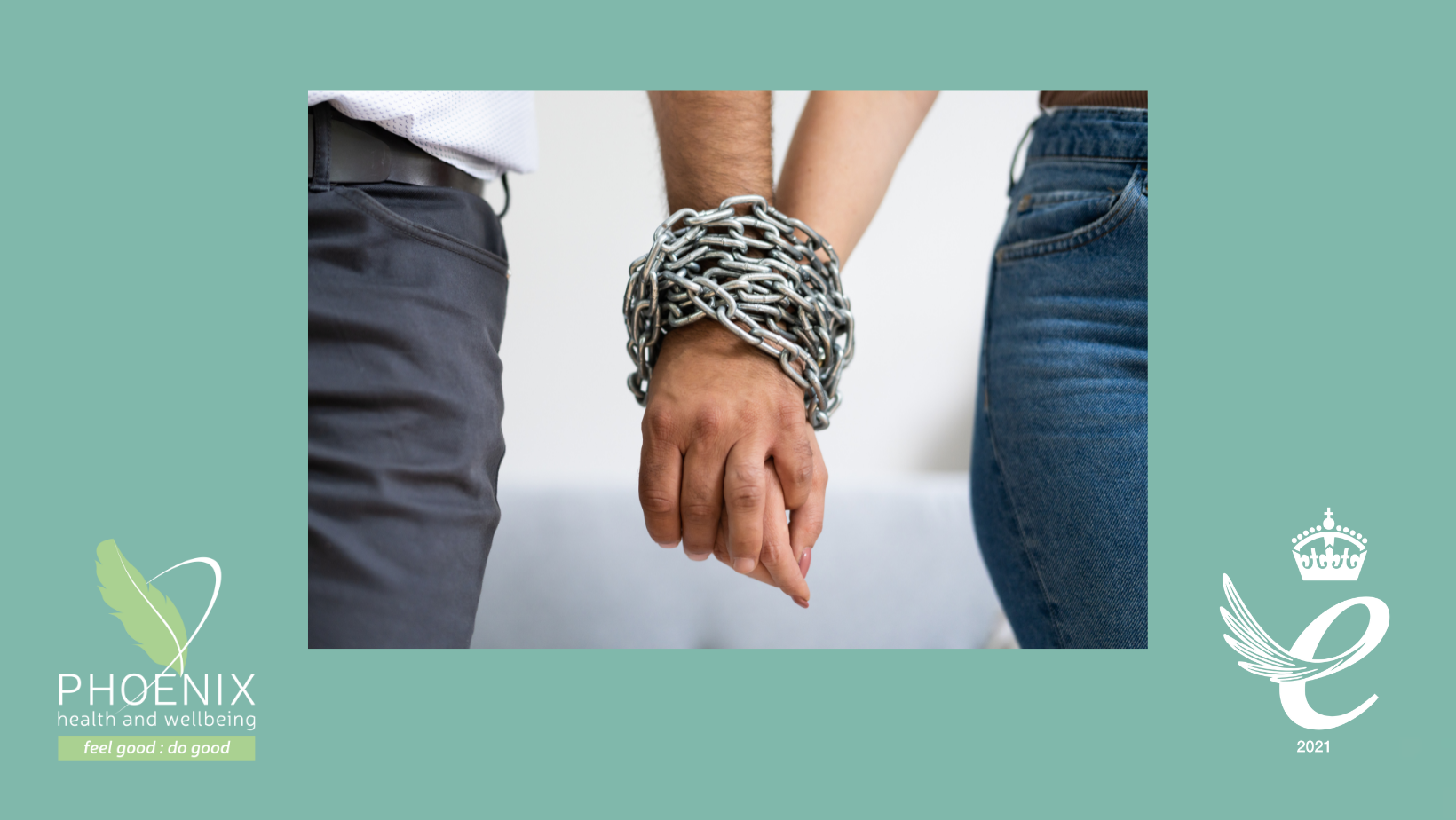
Breaking Free from Coercive Controlling Relationships
Coercive controlling relationships are insidious forms of abuse that often leave victims trapped in a web of manipulation, fear, and isolation. These toxic dynamics can take a severe toll on a person’s mental and emotional well-being. This makes it crucial to understand the signs and consequences of these relationships. It’s also invaluable to understand role of counselling in helping victims break free and regain control over their lives. In this blog, we will delve into the dark reality of coercive control and explore how counselling can be a beacon of hope for those seeking to escape its clutches and heal.
Understanding Coercive Control
Coercive control is a form of abuse characterised by a pattern of domination and intimidation that seeks to strip a victim of their autonomy, independence, and self-esteem. It is often a hidden and subtle abuse, making it difficult for outsiders to recognise and for victims to escape. Some of the common tactics used by perpetrators of coercive control include:
- Isolation: Isolating the victim from friends and family, making them solely dependent on the abuser for social interaction and support.
- Monitoring: Excessive surveillance, tracking, and stalking, whether in person or through technology, to instill fear and control.
- Gaslighting: Manipulating the victim’s perception of reality, making them doubt their memory, emotions, and sanity.
- Emotional abuse: Constant criticism, humiliation, and belittling to erode the victim’s self-esteem and confidence.
- Economic control: Restricting the victim’s access to money and resources, making them financially dependent on the abuser.
- Threats and intimidation: Creating a climate of fear by threatening harm to the victim, their loved ones, or their possessions.
- Withholding affection and love: Alternating between affection and coldness to keep the victim uncertain and reliant on the abuser’s approval.
Consequences of Coercive Control
Living in a coercive controlling relationship can have devastating consequences on the victim’s mental, emotional, and physical health. These effects often extend beyond the duration of the relationship, leaving deep scars that may persist for years. Some of the common consequences include:
- Psychological trauma: Victims may experience anxiety, depression, post-traumatic stress disorder (PTSD), and other psychological disorders as a result of the constant fear and manipulation.
- Isolation: The isolation imposed by the abuser can lead to a profound sense of loneliness and disconnection from support networks.
- Low self-esteem: Constant criticism and belittling can lead to a diminished sense of self-worth, making it difficult for victims to regain their confidence.
- Financial dependence: Victims may face financial instability, as abusers often control access to money and resources.
- Physical health issues: The stress and anxiety associated with coercive control can lead to a range of physical health problems, including headaches, insomnia, and digestive issues.
- Impact on future relationships: The trauma experienced in coercive controlling relationships can affect a person’s ability to form healthy, trusting relationships in the future.
Counselling as a Path to Recovery
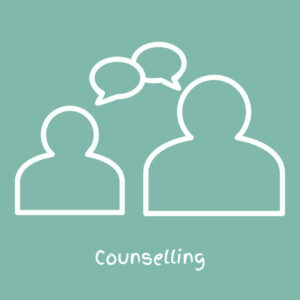 For victims trapped in coercive controlling relationships, counselling can be a lifeline. It provides a safe space for individuals to explore their experiences, emotions, and options, as well as the tools and support they need to heal and regain their autonomy. Here’s how counselling can help victims break free from the cycle of abuse:
For victims trapped in coercive controlling relationships, counselling can be a lifeline. It provides a safe space for individuals to explore their experiences, emotions, and options, as well as the tools and support they need to heal and regain their autonomy. Here’s how counselling can help victims break free from the cycle of abuse:
Validation and Empowerment
One of the first steps in the counselling process is validation. Victims often blame themselves for the abuse they endure, and they may feel guilty or ashamed. Counsellors can provide a non-judgmental space where victims can share their experiences without fear of criticism. Through validation, victims begin to understand that they are not alone and that their feelings and experiences are valid.
Empowerment is another crucial aspect of counselling. Counsellors work with victims to build their self-esteem and self-worth, helping them recognise their inner strength and resilience. This empowerment is the foundation upon which victims can start to regain control over their lives.
Safety Planning
Safety planning is an essential component of counselling for victims of coercive control. Counsellors help victims develop strategies to ensure their physical and emotional safety, whether they are still in the relationship or have left. This can include securing safe places to stay, creating support networks, and developing a plan for emergencies.
Rebuilding Relationships
In many cases, victims of coercive control may have severed or damaged relationships with friends and family due to isolation
imposed by the abuser. Counselling can help victims rebuild these connections and establish healthy boundaries. It also provides a forum for learning about healthy relationship dynamics, trust, and communication skills.
Coping Strategies
Counsellors work with victims to develop coping strategies to deal with the emotional trauma they have experienced. These strategies may include relaxation techniques, mindfulness exercises, and emotion regulation skills to help victims manage anxiety and depression.
Identifying Red Flags
Understanding the signs of coercive control is crucial in preventing future abusive relationships. Counsellors educate victims on the red flags and warning signs, helping them recognize and avoid potentially dangerous partners.
Our Counselling Team

All of our counsellors are excellent and highly experienced however we have one counsellor, Karen, who specialises in working with people who are or have experienced coercive relationships. Take a look at our counselling team using this link or use this this link to book an initial session with a team member. Remember you can have your counselling by telephone, online or in person.
Conclusion
Coercive controlling relationships are a harrowing ordeal for victims, but counselling can offer a path to healing and liberation. Through validation, empowerment, safety planning, and support, victims can find the strength to break free from the cycle of abuse. It is essential for society to raise awareness about the signs and consequences of coercive control, as well as the potential for recovery through counselling. Together, we can help victims escape the shadows of their past and build brighter, healthier futures.
For more information about how to access help from Government services click here
___________________________________________________________________________
Phoenix Health & Wellbeing is a Charity and social enterprise based in West Yorkshire. By using our services you are helping us to continue with our charitable work. We use the proceeds of these sessions to subsidise treatments for people who have chronic health issues and low incomes. Roughly £4 of every £10 spent with us will go to help others. Find out more about our charitable work here
Health insurance and treatments at Phoenix
If you have private health insurance, you may be able to claim for some or all of the cost of your massage therapy. Check your policy.
Opening times:
Monday to Thursday from 10:00 to 20:00
Friday and Saturday from 10:00 to 16:00
